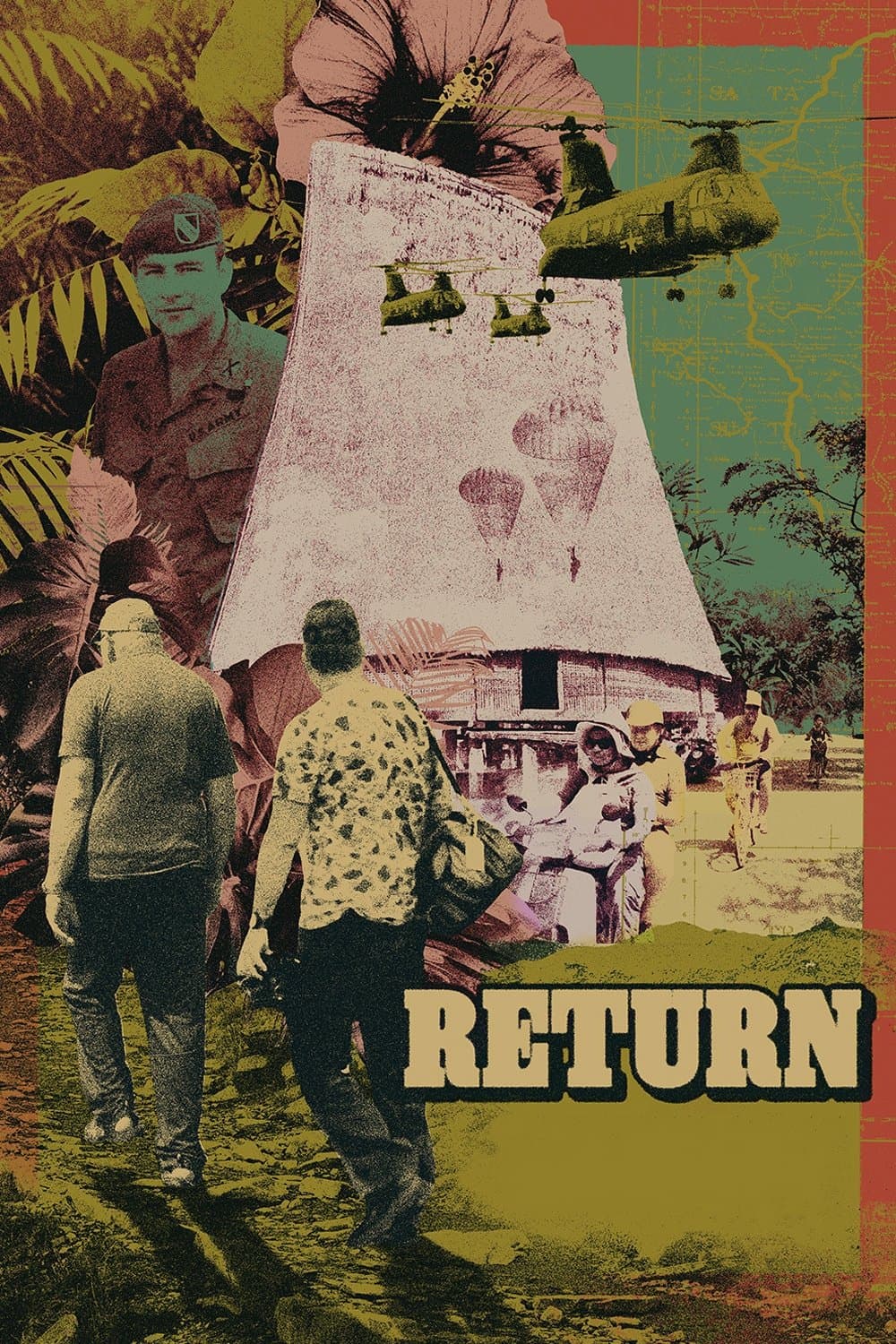Caligari: When Horror Came to Cinema
Feb 12 2014
•1h 52m
•Documentary, History, TV Movie
On February 26, 1920, Robert Wiene's world-famous film The Cabinet of Dr. Caligari premiered at the Marmorhaus in Berlin. To this day, it is considered a manifesto of German expressionism; a legend of cinema and a key work to understand the nature of the Weimar Republic and the constant political turmoil in which a divided society lived after the end of the First World War.
Cast
See allMartin Engler
Self - Narrator (voice)
Elisabeth Bronfen
Self
Erika Gregor
Self
Ulrich Gregor
Self
Recommendations
See all
Return
RETURN tells the story of a retired Green Beret who embarks on a healing journey from Montana to Vietnam. There he retraces his steps, shares his wartime experiences with his son, treats his Post-Traumatic Stress Disorder, and seeks out the mountain tribespeople he once lived with and fought alongside as a Special Forces officer.

Object: Alimony
Ruth Butler, a clerk in an emporium, marries Jimmy Rutledge and thereby greatly displeases his mother, the owner of the emporium, because of Ruth's lowly origins. Renaud Graham, one of Mrs. Rutledge's friends, becomes interested in Ruth, forces his way into her apartment, and attempts to make violent love to her. Jimmy walks in on their embrace and, suspecting the worst, leaves Ruth. In the family way, Ruth finds refuge in a boardinghouse where she meets Al Bryant, an aspiring writer. Ruth tells Al her life story, and he makes it into a bestselling novel and then into a play. Jimmy sees the play and comes to his senses, winning Ruth's forgiveness.

Musangwe: Fight Club
The first rule is that there are no rules. For the bare-knuckle combatants competing in Musangwe fights, anything goes - you can even put a curse on him. The sport, which dates back centuries, has become a South African institution. Any male from the age of nine to ninety can compete. We follow a group of fighters as they slug it out in the ring. Who will be this year's champion?

Return
A girl is at school. Suddenly it's as if she can't breathe. As she runs down the stairs we follow her into her mind. It takes us deep into dark woods.